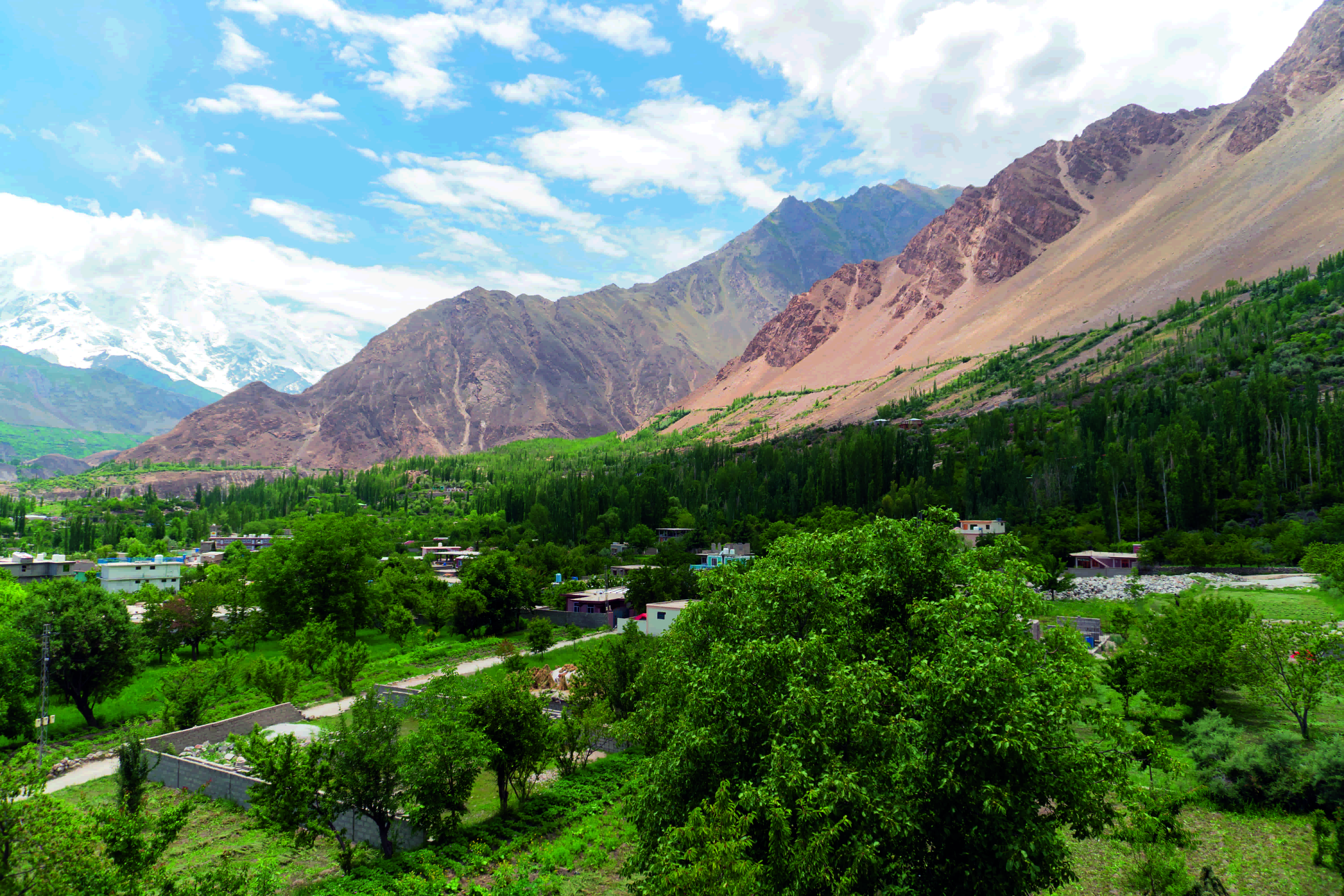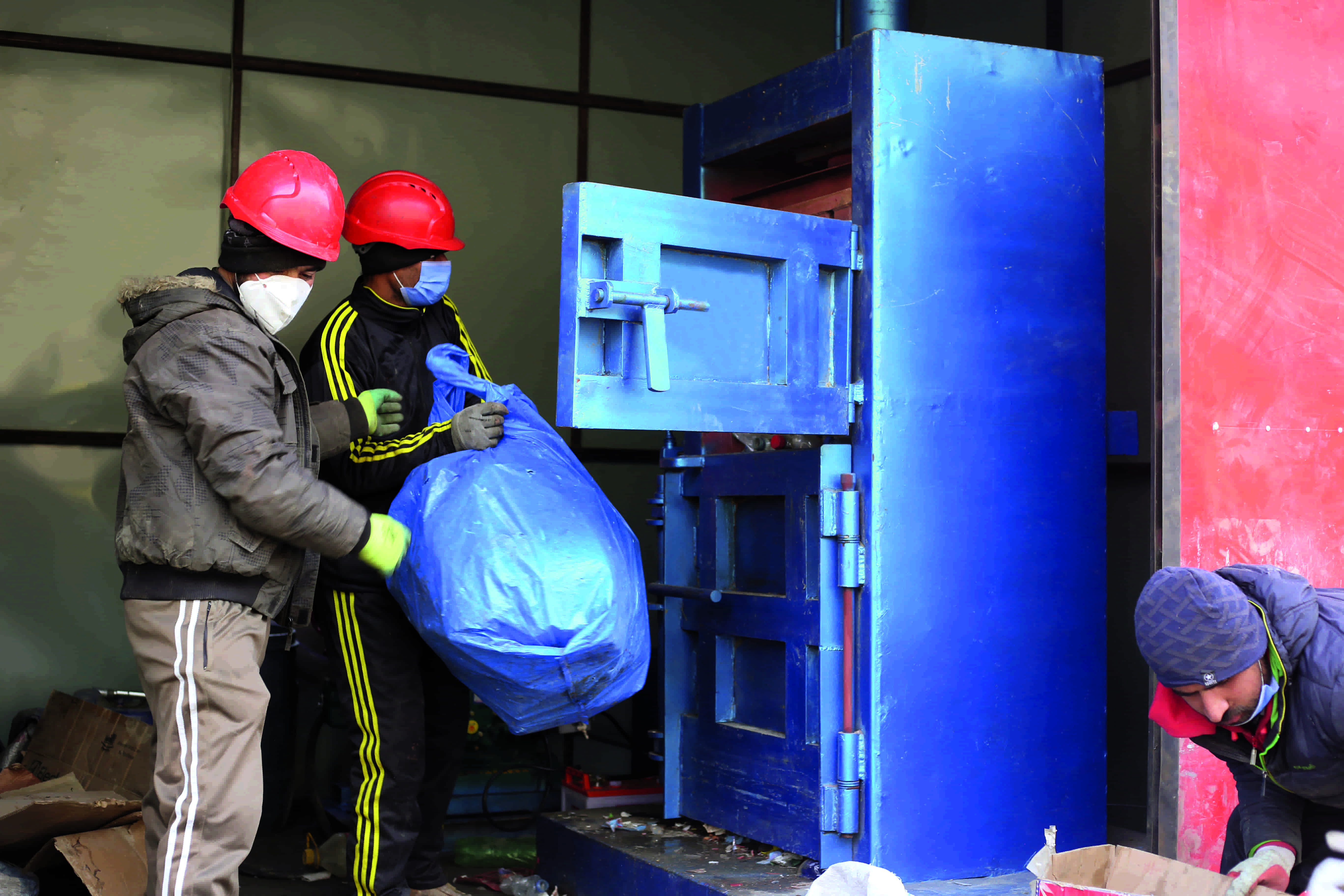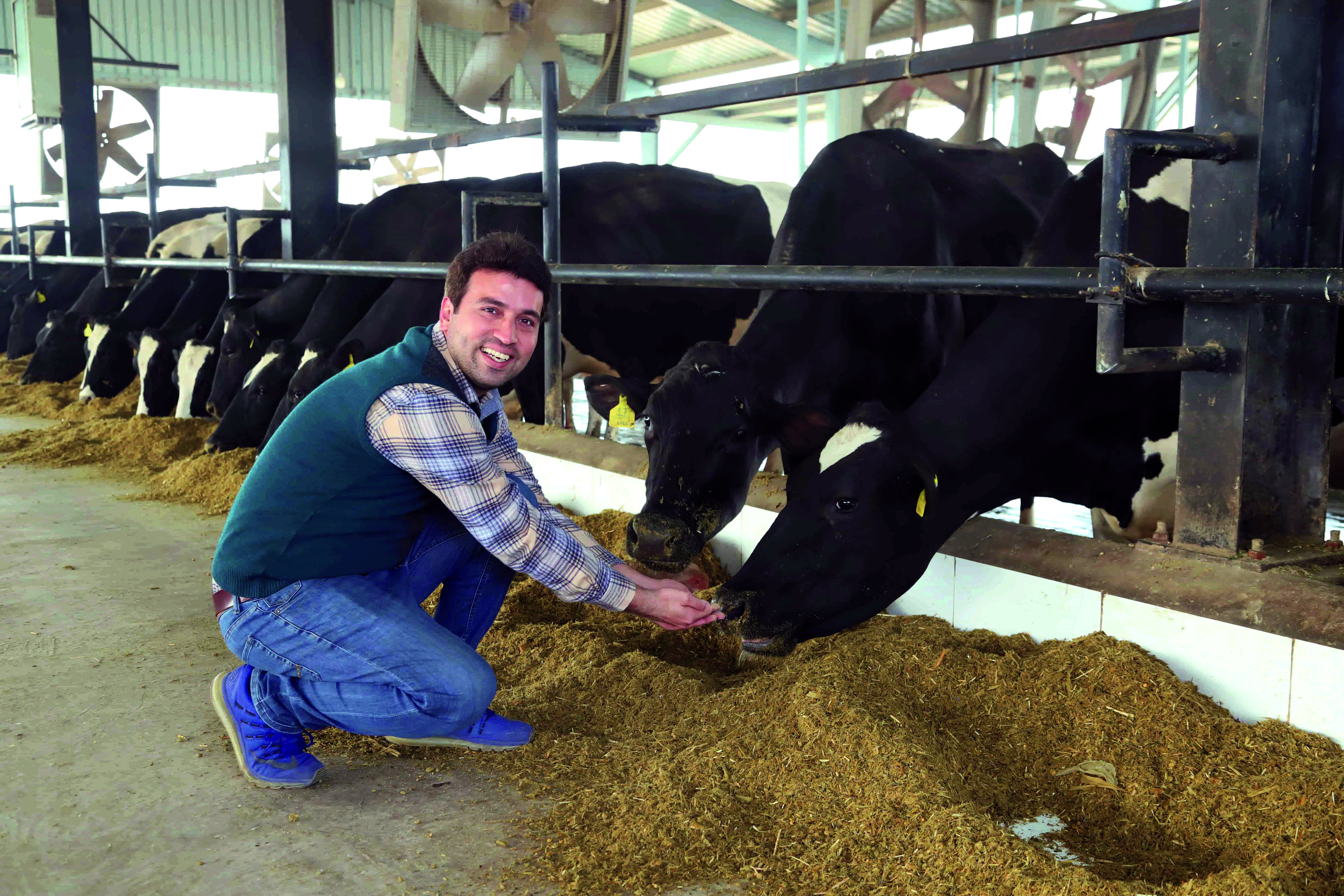Nestlé Pakistan recently published its Creating Shared Value (CSV) Report for 2021, highlighting its sustainability agenda and commitments on climate action, sustainable packaging and water regeneration, in line with the United Nations Sustainable Development Goals (UN SDGs).
Sharing Nestlé’s Creating Shared Value philosophy, Samer Chedid, CEO, Nestlé Pakistan, said, “CSV remains the fundamental guiding principle for how we do business. We are able to deliver value for our shareholders and the communities in which we operate through our focus areas – individuals and families, our communities and the planet.”
“We believe that we will be successful in the long term by creating value for society, which is why our purpose, to unlock the power of food to enhance quality of life for everyone, today and for generations to come, doesn’t just inspire our product offerings but also serves as the guiding star for our vision of sustainability,” Chedid added.

Nestlé’s 2025 Sustainability Roadmap focuses on four pillars, Climate Change; Sustainable Packaging; Water Regeneration and Responsible Sourcing.
“We are working hard to achieve a waste-free future by ensuring that 100% of our packaging is recyclable or reusable by 2025 and remain committed to tackling climate change by reducing carbon emissions by 20% by 2025 and bringing them to net zero by 2050,” said Waqar Ahmad, Head of Corporate Affairs & Sustainability, Nestlé Pakistan.

Nestlé Pakistan also introduced paper straws across its entire ready-to-drink product range. The initiative has eliminated over 400 million plastic straws in 2021 alone, marking a breakthrough in its sustainable packaging transformation journey.

Nestlé Pakistan continued with the Clean Gilgit and Hunza Project in partnership with Gilgit-Baltistan Waste Management Company and Karakoram Area Development Organization facilitating collection and recycling of more than 200 tons of plastic. The project focuses on waste segregation and recycling system to achieve a waste-free future and promote sustainable tourism in the region.
Nestlé is also proud to have continued to drive engagement to eliminate packaging waste with relevant stakeholders from the platform of CoRe (Collect & Recycle) – an alliance of like-minded organizations that will help move towards a circular economy.
Preserving water resources is part of Nestlé’s legacy, while building on this heritage, Nestlé launched its new commitment called the Water Pledge in 2021 which builds on existing water stewardship efforts under the umbrella of Caring for Water-Pakistan (C4W-Pakistan) initiative launched in 2017. Under C4W, drip irrigation on 198 and installation of smart soil sensors on 455 acres has collectively helped an estimated water saving of 380,000 m3 of water, in line with UN SDG 6 and 17.

In line with the bold commitment to reduce greenhouse gas emissions, Nestlé Pakistan helped farmers import high yield cows, which will improve farm efficiency by giving more milk per animal, thus reducing carbon emissions. Nestlé also planted 60,000 moringa trees, which have great carbon sequestration ability, in its daily value chain. Nestlé Pakistan also contributed to the installation of solar energy systems at dairy farms to encourage farmers to switch to renewable energy and helped with the installation of biogas digesters, which will reduce emissions resulting from cow dung.

